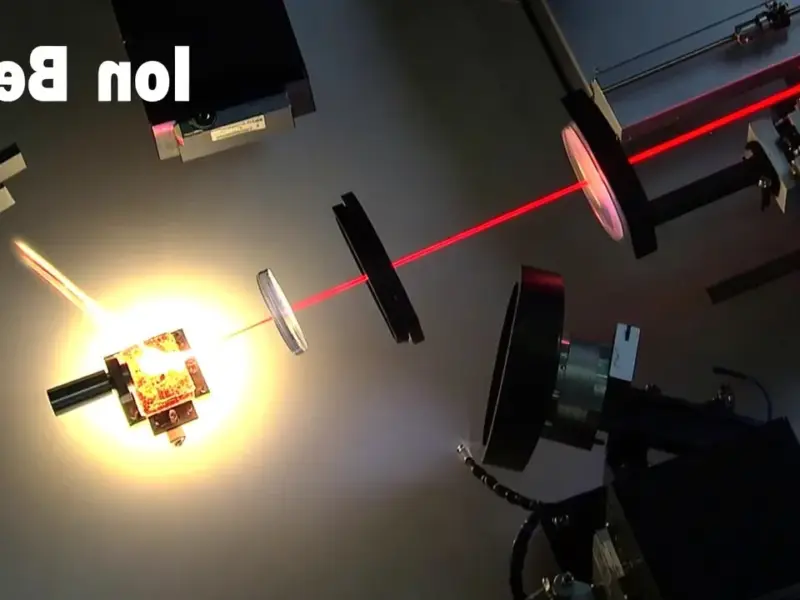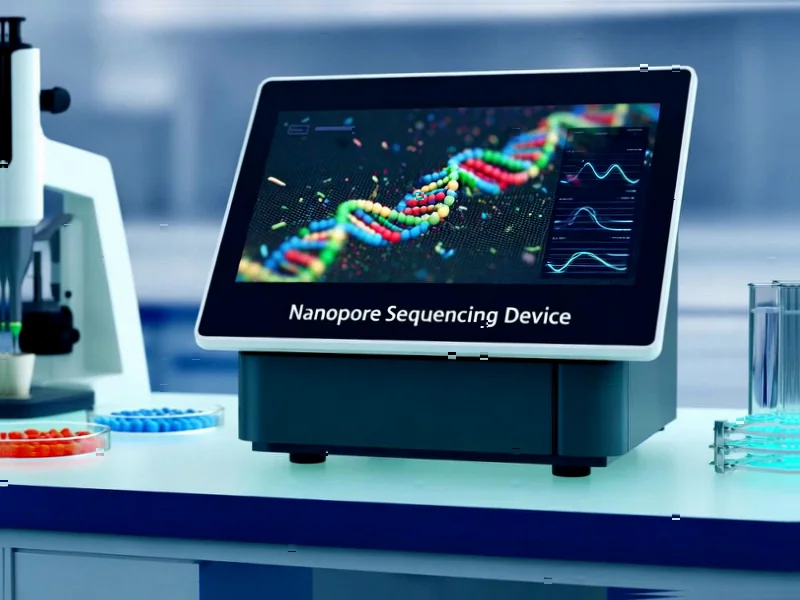According to Manufacturing.net, Rockwell Automation has begun producing autonomous mobile robots at its global headquarters in Milwaukee, with the first AMRs rolling off the line in a new 25,000-square-foot production facility dedicated to OTTO models. The facility will assemble OTTO 600 and OTTO 1200 AMRs designed to move heavy materials in factory environments, featuring laser scanners that scan rooms more than 30 times per second and completing over 15 miles of testing before customer shipment. This development follows Rockwell’s acquisition of Clearpath Robotics and its OTTO Motors division several years ago and coincides with the company’s recent $2 billion investment announcement in factory infrastructure and workforce. The Milwaukee location will complement existing Canadian production facilities, with customer tours expected to begin in early 2026, positioning Rockwell to better serve U.S. customers while expanding AMR manufacturing capacity. This strategic move represents a significant evolution in Rockwell’s approach to integrated automation.
The Reshoring of Advanced Manufacturing
Rockwell’s decision to establish AMR production in Milwaukee rather than simply expanding Canadian operations represents a broader trend of reshoring advanced manufacturing capabilities. While labor costs remain a consideration, the strategic value of keeping high-margin, technology-intensive production closer to both corporate R&D and key customer markets is becoming increasingly apparent. This mirrors similar moves by other industrial giants who are recognizing that proximity to engineering talent and major industrial customers can outweigh traditional offshore manufacturing advantages for sophisticated equipment. The timing is particularly noteworthy given ongoing supply chain vulnerabilities exposed during recent global disruptions.
Beyond Hardware: The Integration Play
What makes this announcement strategically significant isn’t just the AMR production itself, but how it fits into Rockwell’s broader automation ecosystem. Unlike standalone robotics companies, Rockwell can integrate these AMRs directly with their control systems, safety solutions, and industrial software platforms. This creates a compelling value proposition for manufacturers seeking unified automation architectures rather than point solutions. We’re likely to see tighter integration between Rockwell’s FactoryTalk software platform and the AMR fleet management systems, enabling seamless coordination between stationary automation and mobile robotics.
Shifting Competitive Dynamics
The establishment of a dedicated AMR production facility signals Rockwell’s commitment to competing aggressively in the rapidly growing mobile robotics space. This moves them beyond being merely an automation components supplier to becoming a solutions provider for material handling workflows. The timing suggests they’re positioning to capture market share as manufacturers accelerate automation investments to address labor shortages and efficiency demands. With the $2 billion infrastructure investment as backdrop, this demonstrates Rockwell’s willingness to make substantial capital commitments to maintain leadership in evolving automation categories.
The Road to 2026 and Beyond
The planned customer tours beginning in early 2026 indicate this is more than a pilot operation—it’s a strategic manufacturing footprint expansion with long-term commitment. Between now and then, expect to see Rockwell leverage this production capability to develop more customized AMR solutions for specific vertical markets and applications. The proximity to their Milwaukee headquarters suggests closer collaboration between manufacturing, engineering, and product development teams, potentially accelerating innovation cycles. As labor constraints continue to challenge manufacturers, integrated mobile robotics solutions will become increasingly central to operational strategies, making this production capacity a critical competitive asset.




